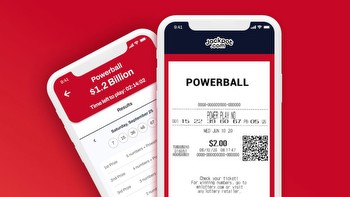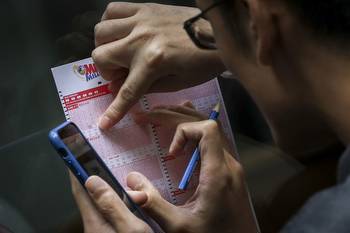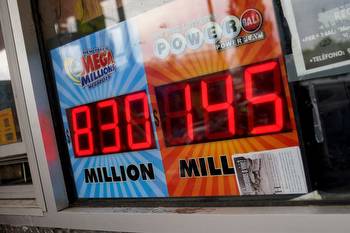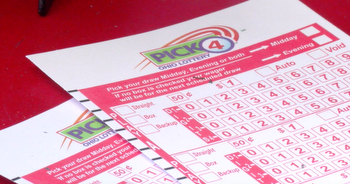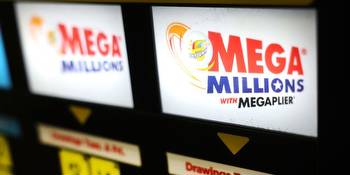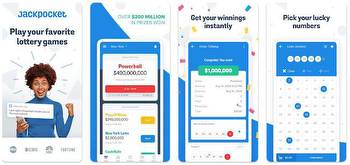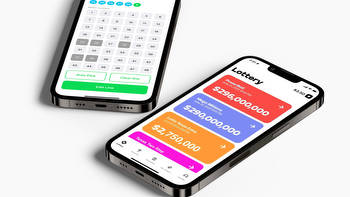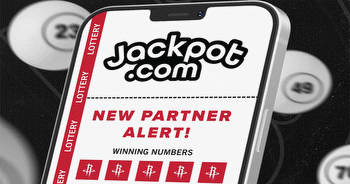New state lottery site launches, tickets can be bought online
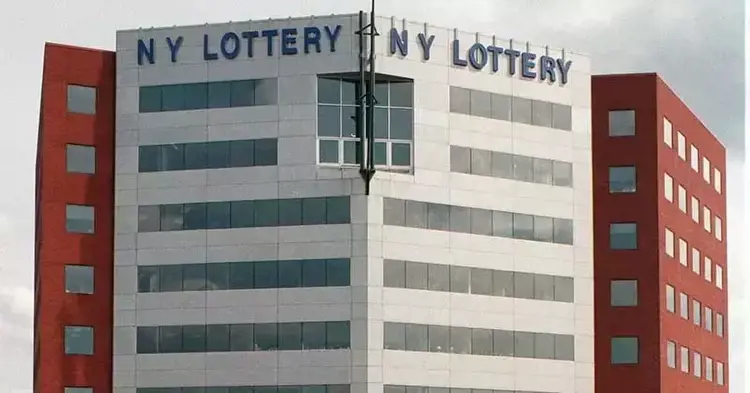
After the Mega Millions jackpot soared to nearly $1 billion, Jackpot.com officially launched on Tuesday in New York, to allow residents to buy their lottery tickets online in the comfort of their homes, rather than travel to a local gas station or convenience store.
The online platform allows New Yorkers to order tickets for Powerball, Mega Millions, Cash4ife, New York Lotto and Pick 10. Residents can present their tickets to be scanned on their phones or tablets and, if they win, can transfer winnings up to $600 to their linked banking accounts. If the award is more than $600, the company sends the winning ticket to players so they can collect the winnings directly from the New York Lottery.
Jackpot.com CEO and co-Founder Akshay Khanna said they were excited to expand to New York, one of the biggest lottery states in the country. The company also operates in Texas and Ohio.
“New York is such a special opportunity and such an icon state,” Khanna said, adding he has family here. “The opportunity is huge and from all the market research that we’ve done and all the customer conversations that we’ve had, there is a sizeable amount of demand for this product.”
The venture is backed by owners of the New York Yankees and New York Giants. The announcement comes while major casino companies are competing to build up to three casinos in the New York City area. Voters in 2013 approved a constitutional amendment to expand casino gambling throughout the state and authorized up to seven full-scale casinos. Four casino licenses were awarded in upstate, including Rivers Casino & Resort in Schenectady. The state also recently legalized mobile sports betting.
In January, Gov. Kathy Hochul’s office announced on the one-year anniversary of the state allowing mobile sports betting that more than $700 million in taxes were collected on the more than $16 billion wagered.
Khanna said they went through an incredibly rigorous and demanding application process with the New York Lottery and the state Gaming Commission.
“It takes time to work with regulators, to create frameworks, to create rules to make sure the companies that are getting access to these markets are good actors and good players,” he said. “I think that’s okay, because it is incredibly important to do the work and to do the diligence to prove that we are worthy of that. To be able to to go to New York customers and to be able to market this product in a way that is both responsible, which is something we take very, very seriously, is one of the basic tenets of our business.”
Khanna said the company actually delayed so that it could launch with certification from the National Council on Problem Gambling.
“[Our platform] is specifically intended to enforce that people who are purchasing lottery tickets are of-age, that they are within state lines and that they don’t have gambling addiction issues,” he said. “We navigate that both through technological and manual tools that limit the amount of money that people can put into their accounts every day and limits the total amount of money that people can have in their accounts at any point in time.”
He said their site also will notice patterns of behavior that can be signs of problem gambling. It also allows people to put themselves in timeouts, which allows players to temporarily suspend certain transactions on their accounts. Some mobile sports betting sites have similar rules and safeguards.
Khanna said he hopes Jackpot.com will bring in younger and new crowds to participate in the state Lottery.
“There’s just this natural gravitation towards the ease of purchase on electronic devices and obviously the pandemic just accelerated that process. Certainly, with the younger generation, if you’re not giving them an option to conduct transactions on their phones, you’re sort of losing an entire audience altogether,” he said. “As we’re seeing now with the billion dollar jackpots and the lines out the doors of convenience stores, it’s a fun form of entertainment. And you don’t want to exclude those individuals because they don’t want to wait in those lines.”








